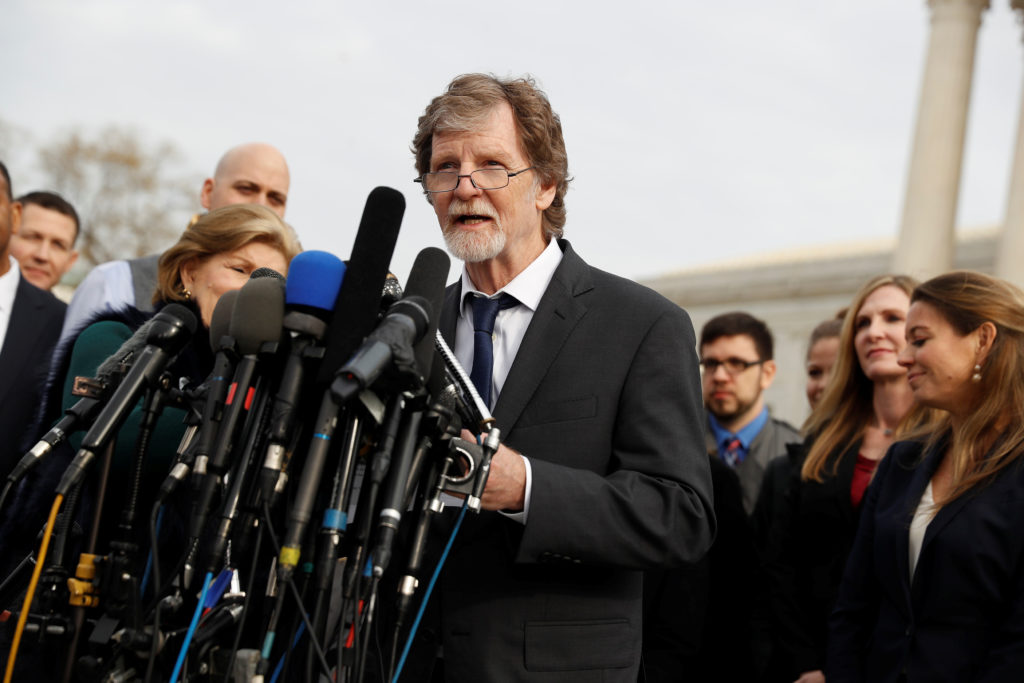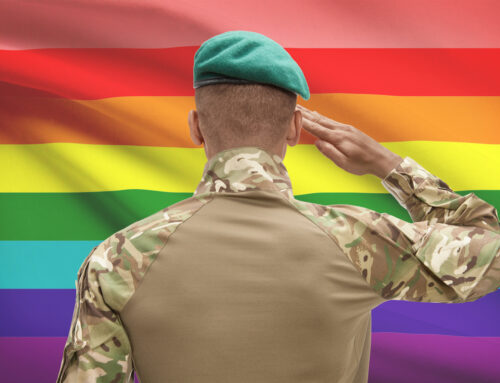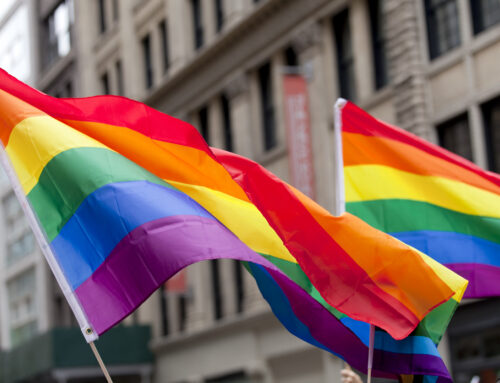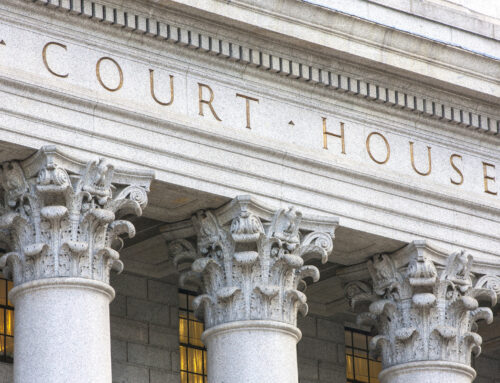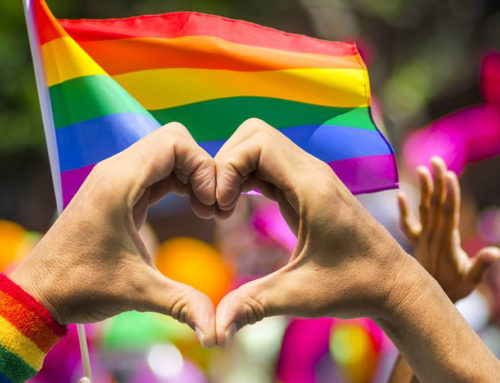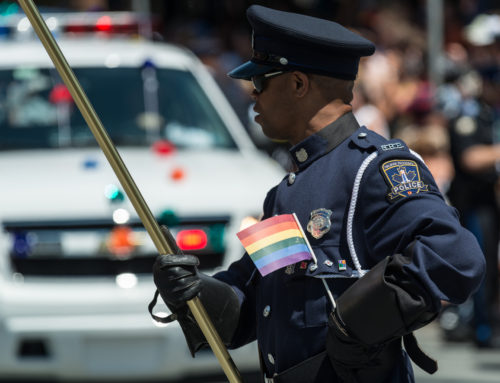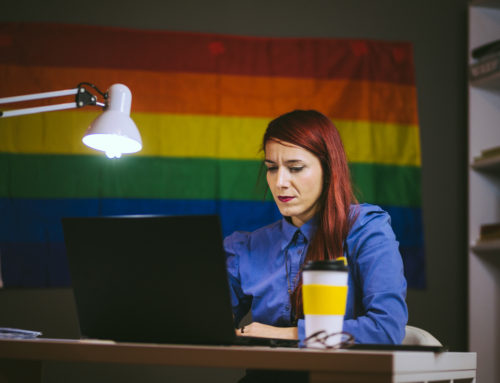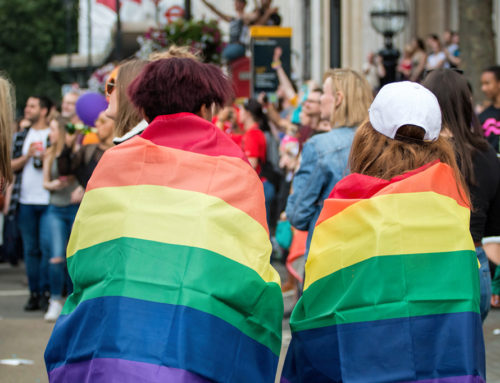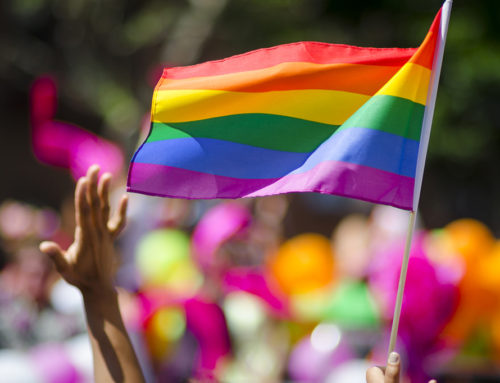Here’s Why the Supreme Court’s Decision in the Colorado Baker Case May Not Be a Major Blow to LGBT Rights
In 2012, a same-sex couple in Denver, Colorado visited a local baker and asked for a wedding cake. The baker and shop owner declined their request, citing his deeply-held Christian views. He offered to make them anything else in the shop, but refused to bake a cake for their special day. In his view, gay marriage was sinful.
Shortly after their request was denied, the couple lodged a formal complaint with the Colorado Civil Rights Commission (“CCRC”). After reviewing the complaint, the CCRC ruled that the baker had unlawfully discriminated against the couple and ruled in the couple’s favor. The baker appealed this decision to the Colorado Court of Appeals, arguing that forcing him to bake a cake for a gay wedding violated his First Amendment protections concerning the freedom of speech and freedom of religion. The Court of Appeals rejected the baker’s argument, instead finding that Colorado state law was “neutral and generally applicable” and that it did not force the baker to “support or endorse any particular religious views.”
Following this ruling, the baker was able to appeal his case all the way to the Supreme Court of the United States. After months of consideration and deliberation, the Court finally came to a consensus earlier this week. In a 7-2 decision, the Court ruled in the baker’s favor.
The Colorado Wedding Cake Decision
The court’s opinion was penned by Justice Anthony Kennedy, the same man who wrote the majority opinion in Obergefell v. Hodges, the case that legalized same-sex marriage in the United States. In the opinion, Kennedy emphasized the fact that “gay persons and gay couples cannot be treated as social outcasts or as inferior in dignity and worth.”
Why would Kennedy go out of his way to highlight LGBT equality in America? It would appear as though the court’s decision rested, in large part, on the fact that the baker was treated unfairly and unequally during the early stages of the legal dispute.
Specifically, the court seemingly ruled in the baker’s favor because the CCRC was hostile toward the baker and applied Colorado law in a way that was “inconsistent with the First Amendment’s guarantee that our laws be applied in a manner that is neutral toward religion.”
Kennedy continued by explaining that “these disputes must be resolved with tolerance, without undue disrespect to sincere religious beliefs, and without subjecting gay persons to indignities when they seek goods and services in an open market.”
In other words, the court ruled in favor of the baker because CCRC dismissed the importance of the baker’s religious beliefs without legitimately considering the issue. Had the CCRC done more to apply the state’s anti-discrimination law without bias, the Supreme Court’s decision would likely look much different.
In separate writings, it is clear that at least four of the justices (Ginsburg, Sotomayor, Kagan, and Breyer) were clearly not in support of a merchant choosing which customers he serves. Ginsburg (joined by Sotomayor) addressed this in her latest scathing dissent, while Kagan (joined by Breyer) addressed this in a separate writing. The gist of both justice’s arguments: merchants can choose the products they sell, but not the individual to whom those products are sold.
Still, the court ruled in favor of the baker. Fortunately, the court’s decision is rather narrow and will likely not set precedent for any future cases.
What Does the Colorado Wedding Cake Decision Mean for LGBTQ Rights?
The justices in this particular case did a lot to sidestep discussions about LGBT rights in America. In fact, the court declined to address many of the important legal issues that could have significantly changed the landscape of American civil rights. Instead, the court explained that the CCRC didn’t apply Colorado anti-discrimination law without bias. It explained that everyone is entitled to the neutral application of the law, and that the CCRC ran afoul of that requirement in this case. As a result, the baker was declared the victor in this legal battle.
What does the gay wedding cake decision mean for LGBTQ rights in America? It’s hard to say. The fact that the court was so careful to craft a narrow decision is important. In fact, it’s not even clear that the decision says that the baker can refuse to bake wedding cakes for LGBT customers in the future. The court frankly refused to address that question, and instead left the door open for future discussion.
The next time a baker refuses to bake a cake for a gay couple, Ginsburg may be able to pen a powerful majority opinion cementing the civil rights of LGBTQ individuals in America. Only time will tell.

